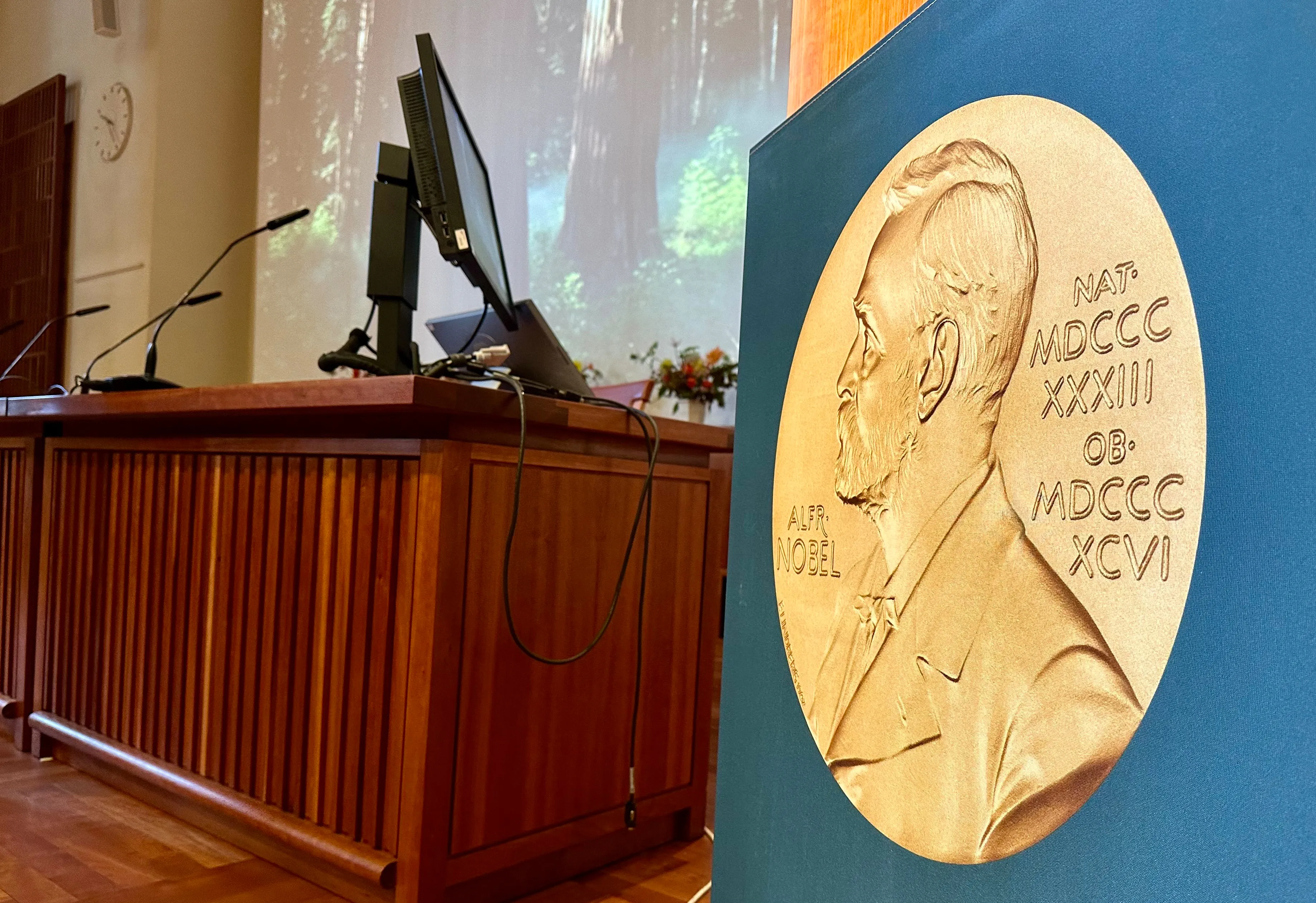Artificial Intelligence's Role in Future Innovation: Balancing Skepticism and Progress

Artificial Intelligence's Impact on Future Research
Artificial intelligence (AI) has captured global attention, yet skepticism abounds regarding its true value. The recent Nobel Prize awards have sparked intense discussions about whether accolades for AI's foundational contributions to neural networks and protein structure predictions belong in physics or chemistry. While some argue that the recognition feels misplaced, the underlying innovations from researchers like John J. Hopfield, Geoffrey Hinton, and Demis Hassabis undeniably push the boundaries of technology.
Understanding the Context of the Awards
- The Nobel Prize in Physics awarded for AI breakthroughs raises questions about categorization.
- AI's contributions to understanding protein folding through AlphaFold mark significant progress in scientific research.
- Critics express concern over the merging of AI and traditional scientific domains.
AI's Genuine Contributions to Innovation
- AI enhances drug development processes significantly.
- Emerging applications demonstrate AI's transformative power in various scientific fields.
- Investments in AI continue despite skepticism about its overhyped narratives.
Despite ongoing criticisms, the trajectory of AI is clear; it is increasingly vital in fostering innovation and redefining traditional research methodologies. We stand on the brink of a new era where artificial intelligence is central to groundbreaking achievements. Stay informed as we navigate this technological landscape.
This article was prepared using information from open sources in accordance with the principles of Ethical Policy. The editorial team is not responsible for absolute accuracy, as it relies on data from the sources referenced.